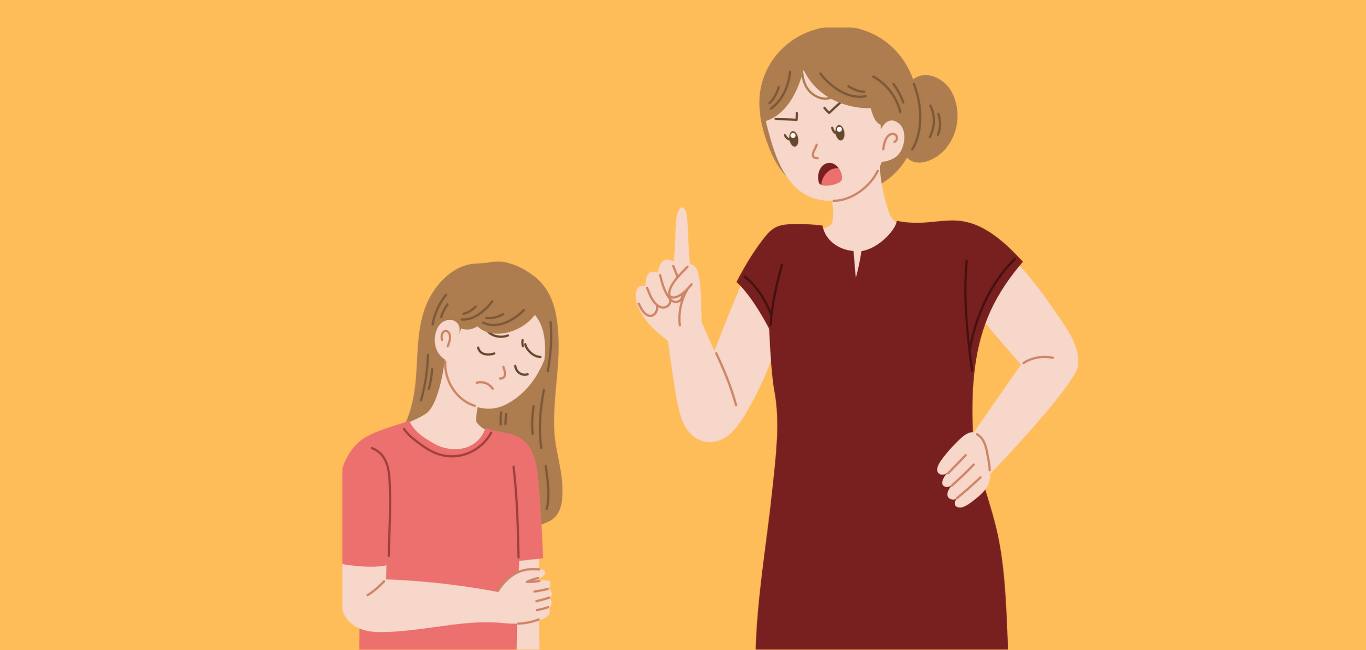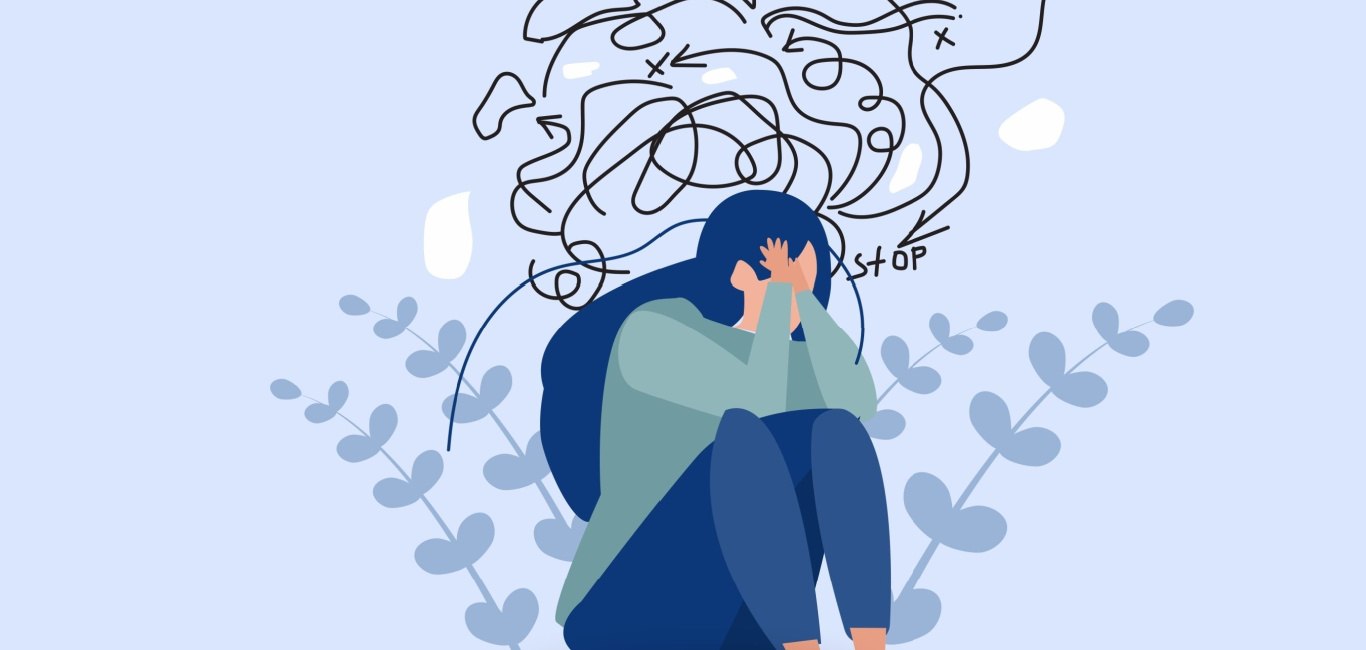
Physical harm may leave visible marks. There is another kind that is not easy to perceive but still leaves us deeply scarred – inside.
Emotional abuse operates in subtle ways that are hard to notice and understand. Its signs may be visible to others, but those at the butt of it often miss the signs or be unaware of the abusive nature of their situation.
Its effects can be just as harmful as other forms of abuse, making the targets susceptible to chronic health issues, post-traumatic stress disorder, depression, anxiety and even thoughts of self-harm or substance use.
The US Centres for Disease Control and Prevention (CDC) recently released data showing that 55 per cent of US high school kids reported having experienced emotional abuse from a parent or another adult at home.
What is emotional abuse?
What precisely is emotional abuse? More importantly, how can individuals find a way to deal with it and get out of it?
Aditi Tulshyan, marriage and family counsellor and certified trauma therapist at XpressIt Mental Health Services in North Delhi, says emotional abuse is when someone uses a repeated pattern of behaviour to gain control or power over another person. This often involves undermining or gaslighting the other person, making them question their emotional well-being, self-worth or mental health.
“Emotional abuse is a psychological violence that happens in a lot of relationships. It could be between partners, between parents and children, at the workplace or in the social environment,” she explains.
Identifying the signs of abuse
Sanjana Guha Roy, psychologist at YourDOST, an online counselling and emotional wellness coach in Bengalur, says that when it comes to emotional abuse, some sneaky signs may go unnoticed. “One major clue is when your partner gets super jealous or wants to control everything, like always knowing where you are. They might even say it is because they love you so much,” she suggests.
But here is the thing – controlling your life, criticising you all the time or blaming you for everything can lead to self-doubt and feeling low about yourself.
She further says that in the context of relationships, one might initially ignore these feelings: because the partner has expressed them in such a normal way that the victim may feel guilty of bringing these responses out of the partner, which is, in itself, an emotional abuse.
Unseen effects of emotional abuse
Tulshyan says that going through emotional abuse is tough. It can make us feel anxious, depressed and doubtful of our worth. We might even find ourselves being too hard on ourselves all the time. “Emotional abuse can disturb your sleep, upset your stomach [cause gastrointestinal issues], and make it hard to tell people what is okay and what is not,” she explains. It might even make us avoid others and feel nervous in social situations.
Dr Heather Dye, an associate professor at East Tennessee State University in the USA, conducted a study comparing the effects of physical and emotional abuse. The study found that individuals reporting emotional abuse are likely to exhibit higher scores for depression, anxiety, stress and neuroticism as personality traits compared to those reporting only physical or sexual abuse, or their combination.
The research emphasises that early childhood trauma has the potential to significantly affect a child’s development, leading to long-term impairments that may persist into adulthood.
Emotional abuse situations
According to Guha Roy, depending on the nature of your relationship with the other person, there are several ways of making them feel scared, threatened and of being in someone’s control.
Any emotionally abusive relationship, regardless of its nature, will typically display some of its elements. For example: The abusing partner may cause chaos when the target tries to make a point, and make the latter feel traumatised or ashamed. The victim may feel belittled to the point where they lose their self-esteem.
Emotional abuse from parents can often be as subtle as always wanting you to do better (unrealistic expectations), making you feel whatever you have achieved or done is nothing (invalidating whatever you do).
In most romantic relationships, emotional abuse starts with one person controlling the other person in simple issues such as where they go, with whom they interact and what they wear (extreme jealousy and possessiveness).
From parents: Tulshyan says children who experience emotional abuse from their parents often struggle with self-confidence and stability. Hurtful comments such as `Other children are better than you’ and `Look at your friends’ grades’ become ingrained, making it difficult for them to believe in their abilities.
At the workplace: Abuse at the workplace often begins with having unrealistic expectations (working beyond prescribed hours), not providing a safe space for feedback, using one’s higher position to lower another person’s self-esteem and also making them feel they are dispensable.
Tips to deal with emotional abuse
Experts recommend the following coping mechanisms to handle emotional abuse.
Recognise the signs
As the first step acknowledge and identify the signs of emotional abuse. Understanding what you are experiencing is the first step towards healing.
Restore self-esteem
Rebuild your self-esteem by reconnecting with your values and beliefs and by setting healthy boundaries for what you would do or not do. Establishing a strong sense of self is crucial.
Seek support
Do not go through it alone. Reach out to friends, family or a mental health professional who can provide support, understanding and guidance.
Educate yourself
Learn about emotional abuse to gain insights into its dynamics. Knowledge empowers you to recognise patterns and take steps toward healing.
Set your boundaries
Clearly define the boundaries of what you will do and what you cannot and communicate them. This helps in protecting yourself from further emotional harm and sets the stage for healthy relationships.
Practise self-care
Ensure self-care activities that promote mental and emotional well-being. This includes activities like exercise, meditation and engaging in hobbies.
Stay connected
Social support is crucial for healing from emotional abuse. Foster connections with positive and supportive individuals.
Limit contact if necessary
Your well-being comes first. Consider limiting your contact with the source of emotional abuse if it is ongoing. If necessary, distance yourself from the person causing your emotional harm.
Remember your worth
Affirm your worth and value as an individual. Remind yourself that you deserve respect, dignity, consideration and healthy relationships.
Dealing with emotional abuse is a process. Seeking professional help is a valuable resource on your journey towards healing.

















